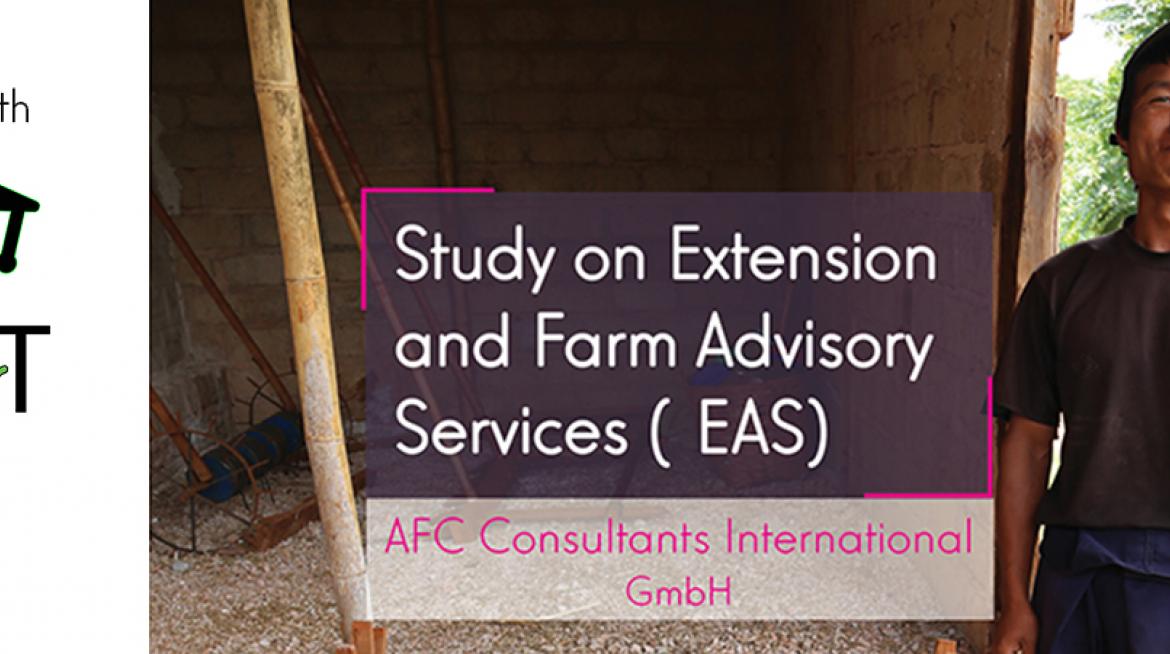
LIFT funds a number of projects that deliver agricultural extension services to farmers, using a range of different approaches.
To make future investments more effective, LIFT commissioned an Extension and Farm Advisory Services (EAS) study to provide a qualitative analysis of the supply and demand sides of farm advisory services in Myanmar. In March, the preliminary findings were shared at a workshop in Yangon, and now, the full study is available.
"The study provides an overview of the existing extension systems and interventions of government and private sector. Although the analysis is not as in-depth as we would like regarding specific extension methodologies and approaches, it provides some interesting ideas for our partners to pick up within new interventions," says LIFT Livelihood and Food Security Specialist, Antoine Deligne.
The findings can provide direction for future policy direction and investment from government, donors, the private sector and development community.
Selected highlights
- The study points out that there is no vocational educational training (VET) system for farmers, and particularly a lack of advice to the new generation of farmers with respect to new technology. In the medium-term, increased efforts are essential to include farming in the VET in order to increase the competences and capabilities of farmers as entrepreneurs, and - equally important- making professional farming an attractive choice for young people in rural areas of the country.
- The concept that a fully public-financed extension service will operate efficiently and effectively nationwide and covering all major crops is unrealistic and needs to be modified. The public system lacks resources and a formal strategy. Budgetary restrictions do neither favour frequent visits to the villages nor the implementation of any activities beyond basic routine work.
- The private sector is developing very fast - mainly the suppliers of fertilisers and agro-chemicals - and competition between different private sector actors is growing. They are becoming important providers of information and advice at various levels. However, a disconnect exists between government and private sector services. While there are informal situations of government and the private sector working together, the need exists for government to review its own services in relation to what private sector is doing. This includes protecting farmers from risks associated with pesticides and chemical fertiliser.
The study was undertaken by AFC Consultants International GmbH (AFC), with a team led by Dr Christoph Weber.


